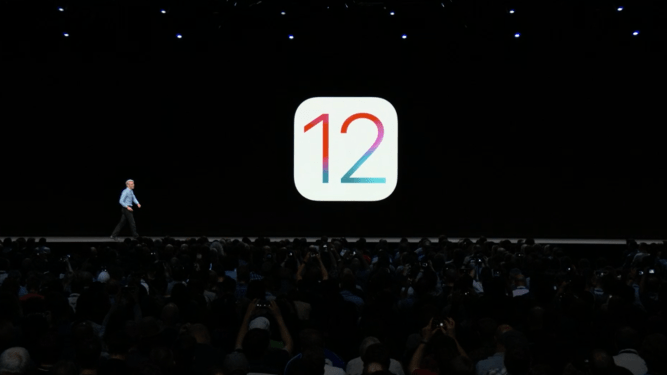
The United States Internal Revenue Service (IRS) has issued final regulations requiring brokers to report transactions involving digital assets, including cryptocurrencies, starting in 2027. These Final Regulations expand existing reporting requirements to include front-end platforms, such as decentralized exchanges (DeFi), which facilitate the buying and selling of digital assets. The IRS emphasizes that these rules are designed to ensure compliance with tax obligations while maintaining fairness in the cryptocurrency ecosystem.
The Final Regulations mandate brokers to disclose information related to gross proceeds from the sale or exchange of digital assets, including details about taxpayers involved in such transactions. The IRS highlights that this new requirement applies specifically to brokers, which are defined as entities acting on behalf of others to effectuate a transaction without retaining legal ownership or control over the property being transferred.
The document does not directly apply to all decentralized finance (DeFi) applications but focuses on front-end platforms—those that provide intermediary services to facilitate transactions. These platforms include decentralized exchanges, stablecoin issuers, and other entities acting as intermediaries in the digital asset market. The IRS has classified certain DeFi front-ends as brokers for tax reporting purposes, subject to compliance with the new regulations.
Key Features of the Final Regulations
Scope of Application
The Final Regulations primarily apply to brokers involved in transactions involving digital assets. Brokers are defined as entities acting on behalf of others to effectuate a transaction without retaining legal ownership or control over the property being transferred. This includes platforms that facilitate transactions through intermediaries, such as smart contracts or other automated processes.
Reporting Requirements
The Final Regulations impose reporting obligations on brokers engaged in digital asset transactions. Brokers are required to provide detailed information about their roles and services to clients, including a description of any DeFi front-end platform used to facilitate the transaction. This includes platforms that act as intermediaries or custodians in the context of digital asset exchanges.
Definition of a Broker
The IRS defines a broker as an entity acting on behalf of others to effectuate a transaction without retaining legal ownership or control over the property being transferred. This definition is broad and applies not only to traditional brokers but also to DeFi platforms that facilitate transactions through intermediaries, including smart contracts.
Impact on DeFi Platforms
The Final Regulations do not directly apply to all DeFi applications, as they focus specifically on front-end platforms. These platforms are considered brokers if they exercise sufficient control or influence over the transaction process. The document states that certain DeFi platforms qualify as brokers, subject to compliance with the new reporting requirements.
Application of the Final Regulations
The Final Regulations will take effect in 2027 and apply to digital asset sales starting in 2026. Brokers are required to begin collecting and reporting necessary data related to digital asset transactions by 2026, with full compliance expected by 2027.
Compliance Implications
The IRS estimates that the new regulations will affect approximately between 650 and 875 estimated DeFi brokers. These brokers are required to comply with additional reporting obligations under Section 6045, which governs reporting of income from digital assets. The regulation aims to improve tax compliance by making income earned by taxpayers engaging in digital asset transactions without a custodial broker more transparent to both the IRS and taxpayers.
Benefits of the Final Regulations
According to the IRS, the new regulations will result in increased taxpayer compliance. By requiring brokers to disclose information about their roles and transactions, the Final Regulations aim to enhance transparency and accountability in the digital asset market. The regulation also provides relief to legitimate businesses by stating that it does not reflect a bias against the DeFi industry or deter adoption of this technology.
Broader Implications
The Final Regulations represent a significant expansion of reporting requirements for brokers engaged in digital asset transactions. While some industry participants express concerns about the potential regulatory burden, the IRS emphasizes that the new rules are designed to ensure compliance with tax obligations while maintaining fairness and integrity in the cryptocurrency ecosystem.
Conclusion
The Final Regulations issued by the IRS represent a substantial update to the reporting requirements for brokers engaged in digital asset transactions. By expanding these requirements to include certain front-end platforms, including DeFi platforms, the new rules aim to enhance tax compliance and transparency in the evolving digital asset market. The implementation of these regulations is expected to take place over the next several years, with full compliance expected by 2027.






